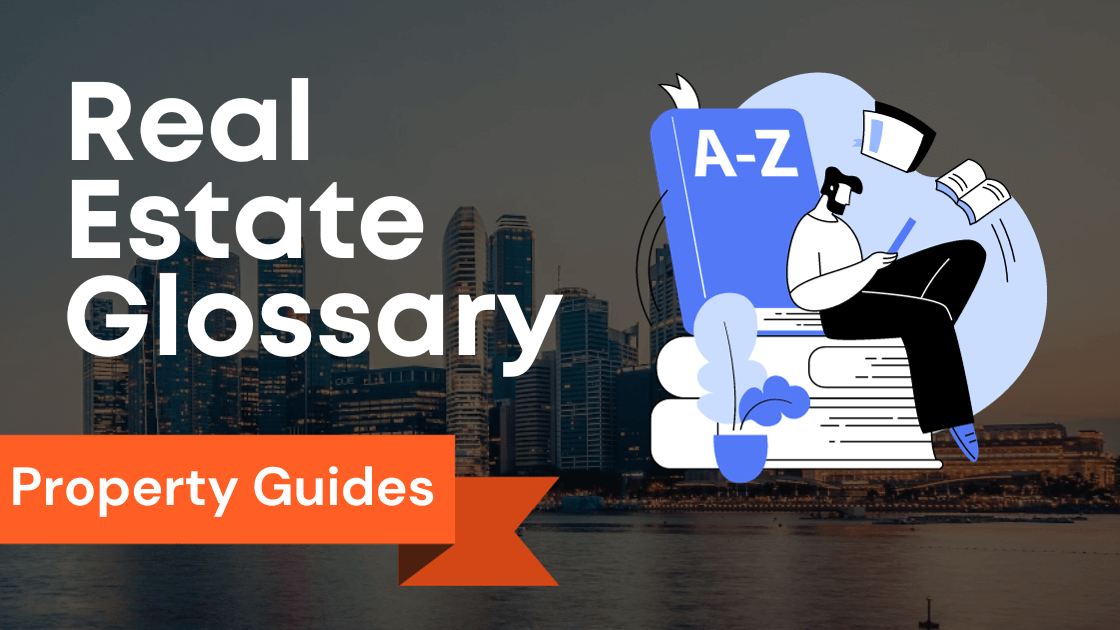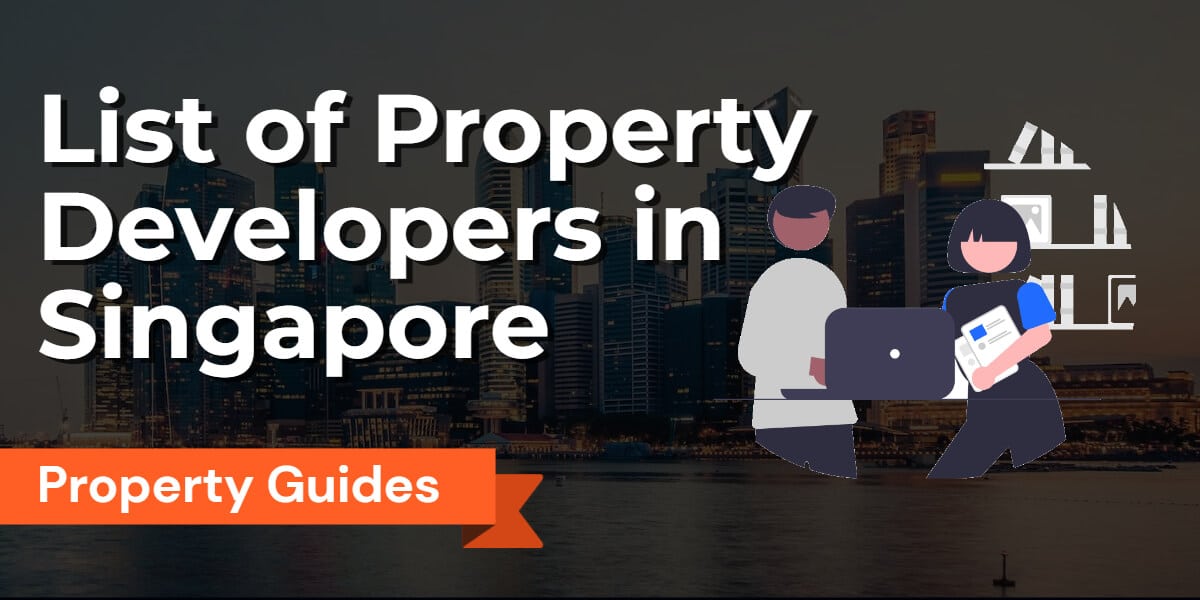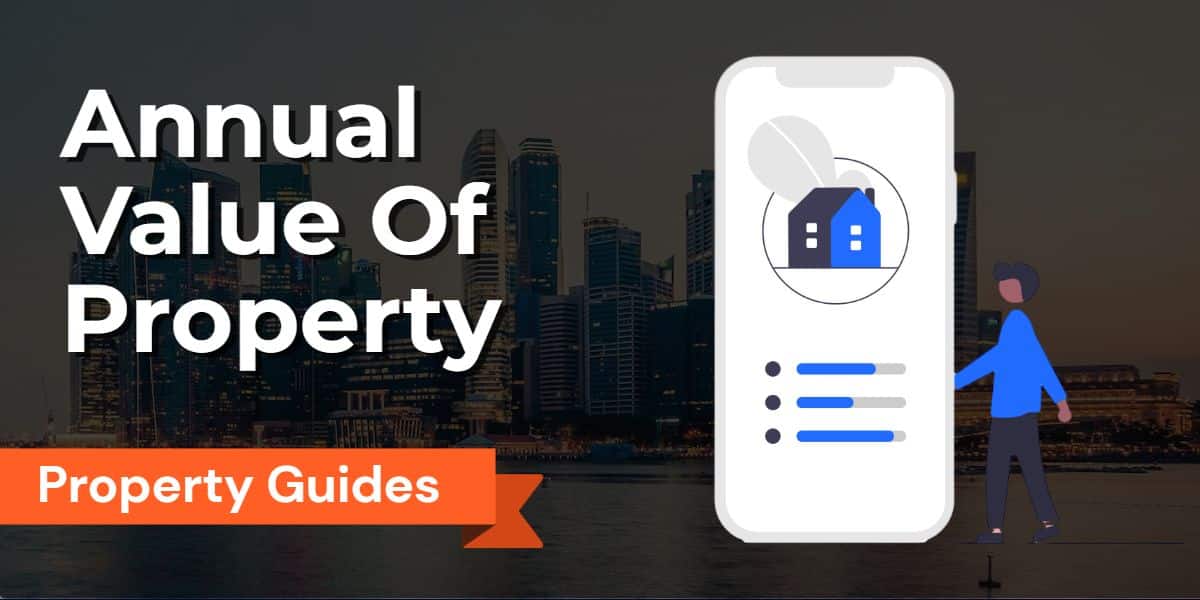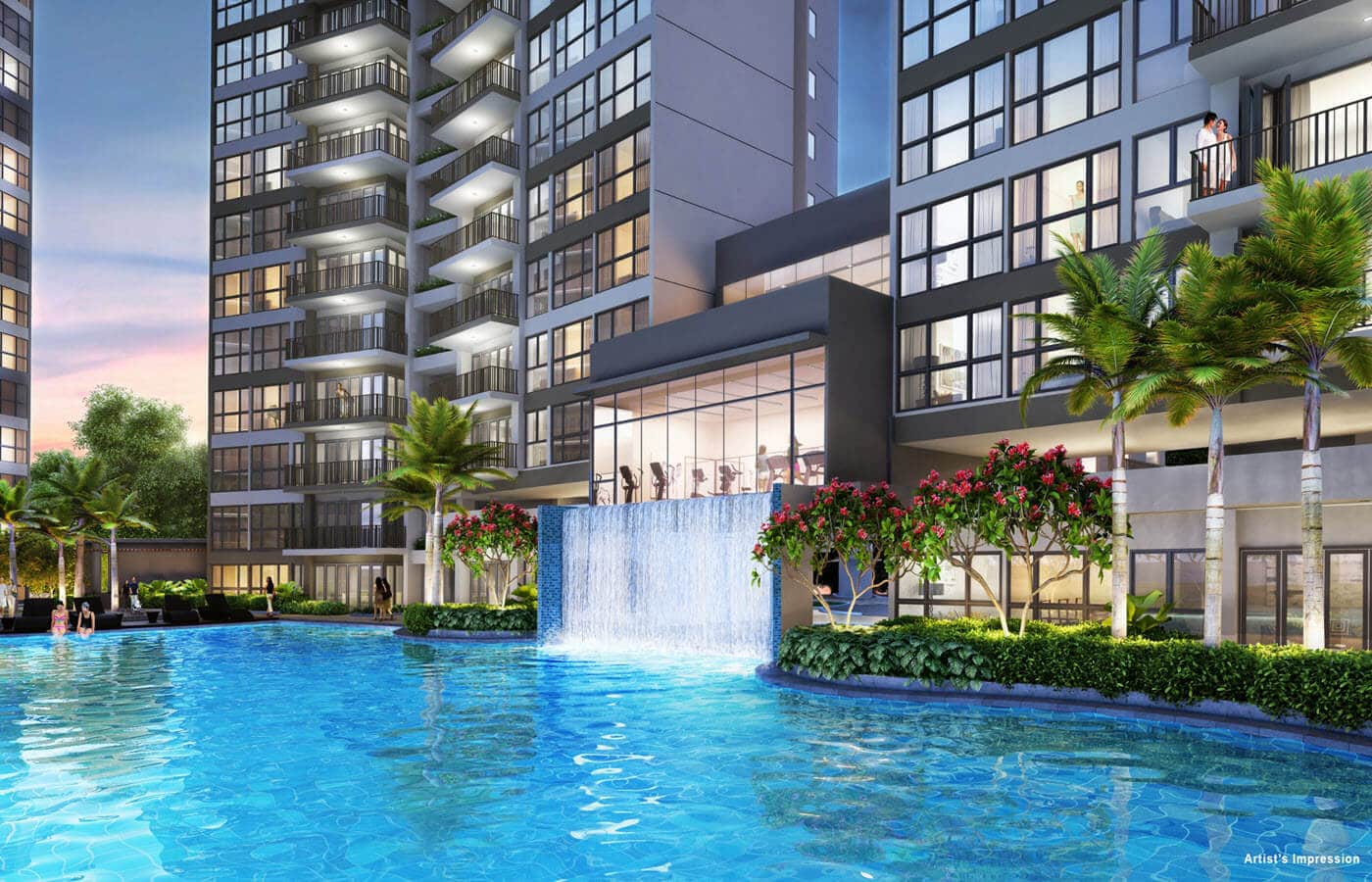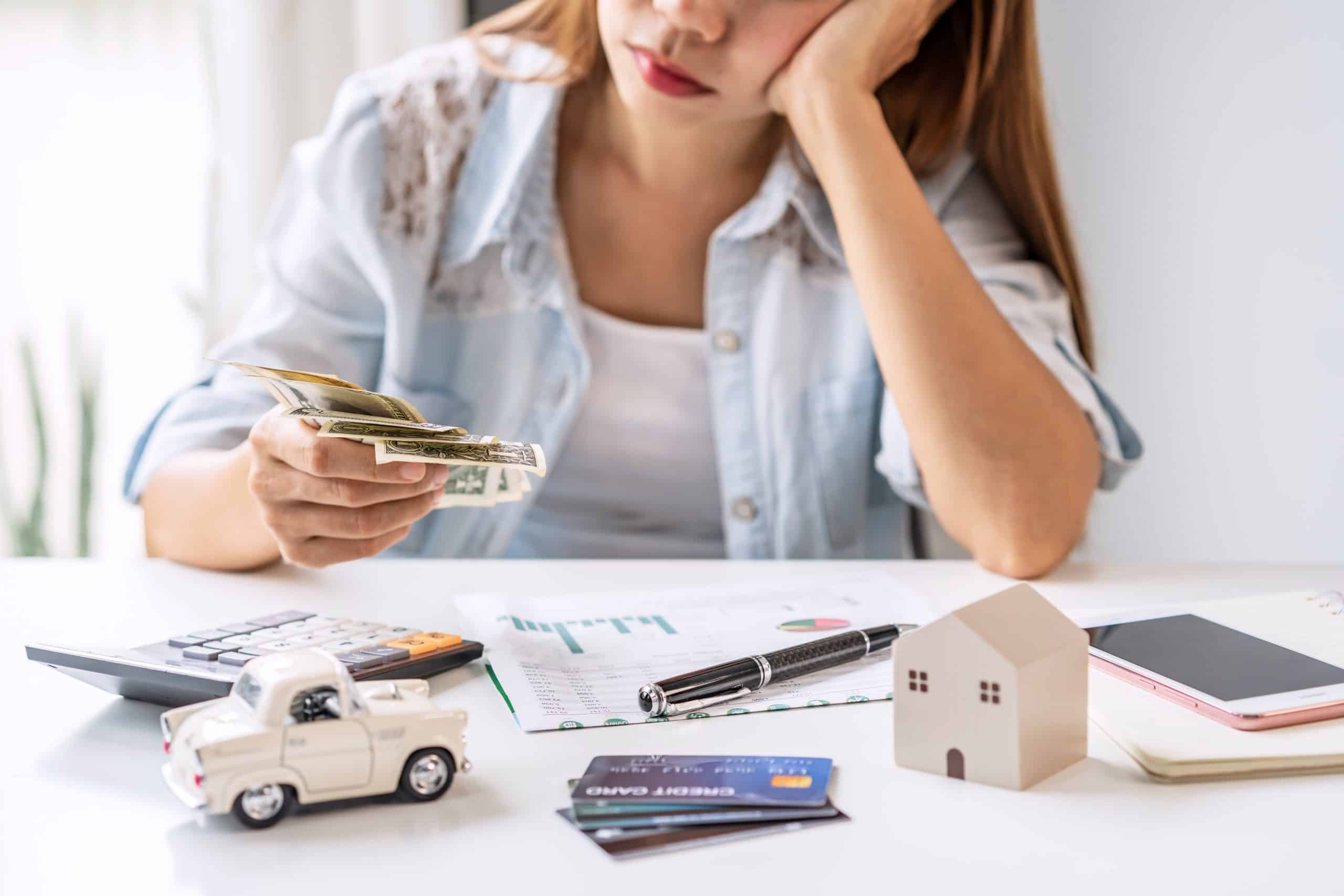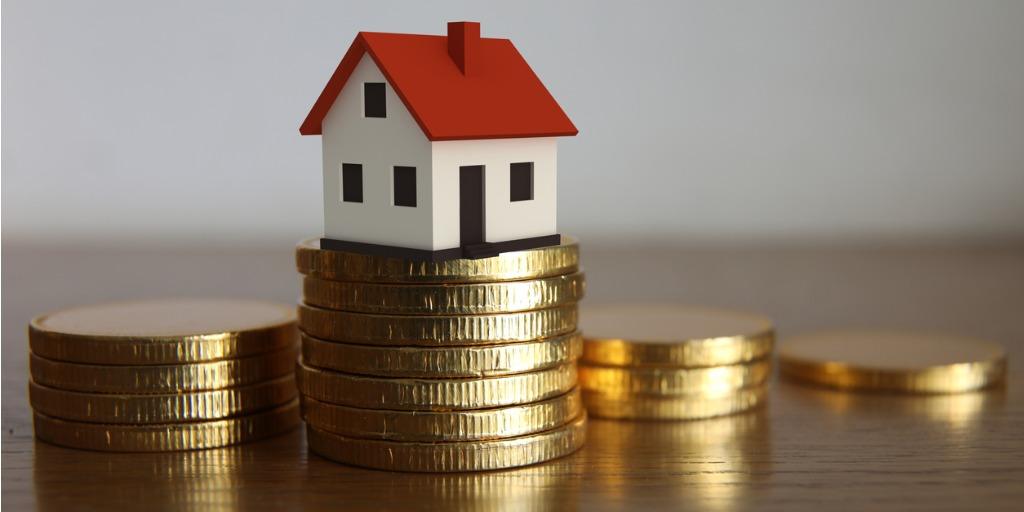
Buying an HDB flat is a significant milestone for many Singaporeans.
It’s a big commitment that requires you to make informed decisions about your finances, including understanding the available options for financing your home.
In this article, we will discuss everything you need to know about HDB maximum loans, eligibility, and the application process.
Key Takeaways
| Topic | Key Takeaways |
|---|---|
| HDB Loan Eligibility | – To be eligible for an HDB loan, you must be a Singapore citizen.<br>- Your gross monthly income should not exceed $14,000.<br>- Your total net asset value should not exceed $30,000.<br>- You must not own more than one HDB flat or private property.<br>- You must not have disposed of any private property within the past 30 months. |
| HDB Loan Application Process | – Submit an online application through the HDB website.<br>- Provide personal details, income information, and details of the flat you are purchasing.<br>- Upon approval, sign a Letter of Offer and provide a downpayment before the loan is disbursed. |
| Maximum Loan Amount for HDB Flats | – The maximum loan amount is typically 90% of the purchase price.<br>- A minimum downpayment of 10% of the purchase price is required.<br>- CPF Ordinary Account (OA) can be used for the downpayment, up to a limit of 15% of the purchase price. |
| CPF Usage for Downpayment | – CPF Ordinary Account (OA) savings can be used to pay for the downpayment.<br>- For new flats, CPF OA can cover up to 15% of the purchase price.<br>- For resale flats, the maximum CPF usage depends on the remaining lease of the flat. |
| Interest Rate Calculation | – The interest rate for an HDB loan is currently 2.6% per annum.<br>- It is a fixed interest rate throughout the loan period. |
| Factors Affecting Interest Rate | – Loan tenure is a primary factor affecting the interest rate. Longer tenure leads to higher interest rates.<br>- Other factors include the loan amount, downpayment, and borrower’s credit profile. |
| Tips for Lower Interest Rate | – Opt for a shorter loan tenure.<br>- Make a higher downpayment to reduce the loan amount and interest payable.<br>- Consider refinancing from a bank loan to an HDB loan for potentially lower interest rates. |
| HDB Loan Application Documents | – Required documents include NRIC, income statements, proof of eligibility, Option to Purchase (OTP), and proof of downpayment.<br>- Additional documents may be needed based on specific circumstances. |
| HDB Loan Application Processing Time | – The HDB loan application process typically takes around four weeks to complete.<br>- Processing time may vary based on application completeness and the volume of applications received by HDB. |
| Common Mistakes to Avoid | – Provide complete and accurate information in the application.<br>- Submit all required documents on time.<br>- Avoid missing deadlines for document submission. |
| Loan-to-Value (LTV) Ratio | – The LTV ratio for HDB flats is the ratio of the loan amount to the purchase price of the flat.<br>- The maximum LTV ratio is 90%.<br>- Higher LTV ratios mean lower downpayment and higher maximum loan amount, while lower LTV ratios mean higher downpayment and lower maximum loan amount. |
| Improving LTV Ratio | – Increase downpayment amount.<br>- Opt for a longer loan tenure.<br>- Consider getting a bank loan instead of an HDB loan for higher LTV ratios (for private properties). |
| Importance of Downpayment | – Downpayment is necessary to show investment and ability to handle property costs.<br>- A minimum downpayment of 10. |
Understanding HDB Loans: Eligibility and Application Process

What is an HDB loan?
An HDB loan is a concessionary loan that is provided by the Housing and Development Board (HDB) to eligible flat buyers.
It is designed to help Singaporeans finance the purchase of HDB flats at a subsidized interest rate.
The current interest rate for an HDB housing loan is 2.
6% per annum, which is significantly lower than the interest rates banks offer for home loans.
What are the eligibility criteria for an HDB loan?
To be eligible for an HDB loan, you must meet the following criteria:
- Be a Singapore citizen
- Have a gross monthly income of not more than $14,000
- Have a total net asset value of not more than $30,000
- Have not owned more than one HDB flat or private property
- Have not disposed of any private property within the past 30 months
What is the application process for an HDB loan?
The process of applying for an HDB loan is relatively straightforward.
The first step is to submit an online application through the HDB website.
You will be required to provide information such as your personal details, income, and the type of flat you are purchasing.
Once your application is approved, you will need to sign a Letter of Offer and provide a downpayment before the loan is disbursed to you.
Exploring HDB Loan Eligibility Criteria for Flat Buyers
What is the maximum loan amount available for
HDB flat buyers?
The maximum loan amount you can obtain for an HDB flat purchase depends on various factors, such as your income, the flat you purchase, and the loan tenure.
As a general rule, the maximum loan you can get is 90% of the purchase price, and you will need to pay a downpayment of at least 10% of the purchase price.
What is the downpayment required for HDB flat
buyers?
The downpayment required for HDB flat buyers is at least 10% of the purchase price.
However, if you wish to use your CPF Ordinary Account (OA) to pay for the downpayment, you can do so up to a limit of 15% of the purchase price.
Can CPF be used to pay for the downpayment?
Yes, CPF can be used to pay for the downpayment of an HDB flat.
However, the amount that you can use depends on the type of flat you are purchasing.
For new flats, you can use your CPF Ordinary Account (OA) savings to pay for up to 15% of the purchase price.
For resale flats, the maximum amount of CPF that can be used for the downpayment depends on the remaining lease of the flat.
Maximizing Your HDB Loan: Tips for Getting the Best Interest Rate

What is the maximum loan amount available for HDB flat
buyers?
The maximum loan amount you can obtain for an HDB flat purchase depends on various factors, such as your income, the flat you purchase, and the loan tenure.
As a general rule, the maximum loan you can get is 90% of the purchase price, and you will need to pay a downpayment of at least 10% of the purchase price.
What is the downpayment required for HDB flat buyers?
The downpayment required for HDB flat buyers is at least 10% of the purchase price.
However, if you wish to use your CPF Ordinary Account (OA) to pay for the downpayment, you can do so up to a limit of 15% of the purchase price.
Can CPF be used to pay for the downpayment?
Yes, CPF can be used to pay for the downpayment of an HDB flat.
However, the amount that you can use depends on the type of flat you are purchasing.
For new flats, you can use your CPF Ordinary Account (OA) savings to pay for up to 15% of the purchase price.
For resale flats, the maximum amount of CPF that can be used for the downpayment depends on the remaining lease of the flat.
Maximizing Your HDB Loan: Tips for Getting the Best Interest Rate
How is the interest rate for an HDB loan calculated?
The interest rate for an HDB loan is calculated based on the prevailing interest rate set by the HDB.
Currently, the interest rate for an HDB loan is 2.
6% per annum.
What are the factors that affect the interest rate for an
HDB loan?
One primary factor affecting the interest rate for an HDB loan is the loan tenure.
The longer the loan tenure, the higher the interest rate will be.
Other factors affecting the interest rate include the loan amount, the downpayment, and the borrower’s credit profile.
What are some ways to get a lower interest rate for an
HDB loan?
One way to get a lower interest rate for an HDB loan is to opt for a shorter loan tenure.
Another way is to make a higher downpayment, which will decrease the loan amount and, subsequently, the interest payable.
Borrowers can also consider refinancing their bank loan to an HDB loan, which may offer a lower interest rate.
Navigating the HDB Loan Application: Step-by-Step Guide

What are the documents required for an HDB loan
application?
The documents required for an HDB loan application include your NRIC, latest income statements, and proof of eligibility for an HDB loan.
You may also be required to provide supporting documents such as the Option to Purchase (OTP) and proof of your downpayment.
How long does the HDB loan application process take?
The HDB loan application process typically takes around four weeks to complete.
However, the processing time may vary depending on the completeness of the application and the volume of applications received by HDB.
What are some common mistakes to avoid during the HDB
loan application process?
Some common mistakes to avoid during the HDB loan application process include providing incomplete or incorrect information, failing to submit the required documents, and missing the deadlines for submitting the required documents.
Decoding Loan-to-Value (LTV) Ratio for HDB Flats
What is the loan-to-value (LTV) ratio for HDB flats?
The loan-to-value (LTV) ratio for HDB flats is the loan amount ratio to the flat’s purchase price.
The maximum LTV ratio for HDB flats is 90%, which means that the loan amount cannot exceed 90% of the flat’s purchase price.
How does the loan-to-value (LTV) ratio affect the maximum loan amount and downpayment?
The loan-to-value (LTV) ratio directly affects the maximum loan amount and downpayment.
The higher the LTV ratio, the lower the downpayment required, and the higher the maximum loan amount can be obtained.
On the other hand, a lower LTV ratio means a higher downpayment is required and a lower maximum loan amount.
What are some ways to improve the loan-to-value (LTV) ratio for HDB flat buyers?
HDB flat buyers can improve their loan-to-value (LTV) ratio by making a higher downpayment or opting for a longer loan tenure.
They can also consider getting a bank loan instead of an HDB loan, as banks may offer higher LTV ratios for private properties.
The Importance of Downpayment: How Much Do You Need for an HDB Loan?

Why is a downpayment necessary for an HDB loan?
A downpayment is a payment made upfront when you purchase a property.
It is usually a percentage of the property’s purchase price.
When you take out a home loan, you’ll need to make a downpayment first.
This is to show that you’re invested in the property and can handle the costs of the home.
In Singapore, you need to make a downpayment of at least 10% of the property’s purchase price for an HDB loan.
How much downpayment do you need for an HDB loan?
The downpayment you need for an HDB loan depends on the price of the HDB flat you’re looking to buy.
As mentioned earlier, you’ll need to make a downpayment of at least 10% of the property’s purchase price.
You can also use your CPF Ordinary Account funds to pay for the downpayment, provided the necessary funds are available in your account.
What are the different ways to pay for the downpayment?
There are several ways to pay for the downpayment of your HDB loan.
As mentioned earlier, the first way is to use your CPF Ordinary Account funds.
You can also pay for the downpayment using cash.
In addition, you can consider using your Supplementary Retirement Scheme (SRS) funds to pay for the downpayment.
However, do note that there are certain restrictions and limitations when using SRS funds for property purchases.
Comparing HDB Loan Interest Rates: Choosing the Right Option
What are the interest rates for HDB loans?
The government determines the interest rates for HDB loans which are usually lower than bank loan rates.
Currently, the interest rate for HDB loans is 2.6%.
This rate is fixed throughout the entire loan period, which can be up to 25 years.
How do HDB loan interest rates compare to bank loan interest rates?
HDB loan interest rates are generally lower than bank loan interest rates.
The interest rate for bank home loans in Singapore is generally pegged to the Singapore Interbank Offer Rate (SIBOR), which can be volatile and fluctuate depending on market conditions.
This means that your monthly mortgage payments can vary throughout the loan period.
What factors should you consider when choosing between
HDB loans and bank loans?
When choosing between HDB loans and bank loans, you’ll need to consider several factors.
Firstly, you’ll need to consider your eligibility for the loan.
You’ll need to meet certain eligibility requirements to qualify for an HDB loan.
In addition, you’ll need to have a good credit score and a monthly household income below the income ceiling.
Secondly, you’ll need to consider the different financial institutions’ interest rates and loan packages.
Thirdly, you’ll need to consider the loan period and the monthly installments you must pay.
Essential Factors to Consider When Applying for a Home Loan in Singapore

What are the eligibility requirements for an HDB loan?
To be eligible for an HDB loan, you must be a Singaporean citizen or Permanent Resident.
You must also be approved under the HDB’s Ethnic Integration Policy (EIP) and the Singapore Permanent Resident (SPR) quota.
In addition, you must not own any other residential properties in Singapore or overseas.
What are the factors that can affect your HDB loan
eligibility?
Several factors can affect your eligibility for an HDB loan.
These include your monthly household income, the type of property you’re looking to buy, and the number of outstanding housing loans you have.
In addition, your debt servicing ratio (DSR) and mortgage servicing ratio (MSR) must be within the approved limits.
What are the important factors to consider when applying
for an HDB loan?
When applying for an HDB loan, you’ll need to consider several factors.
Firstly, you’ll need to assess your financial situation and determine if you’re able to handle the costs of owning a property.
This includes monthly mortgage payments, property taxes, and other costs such as insurance and maintenance.
Secondly, you’ll need to consider the loan period and the maximum loan tenure available.
Thirdly, you’ll need to consider the interest rates and the different loan packages offered by HDB.
Pros and Cons of HDB Loans vs. Bank Loans for Buying a BTO
What are the advantages of getting an HDB loan for
buying a BTO?
One of the advantages of getting an HDB loan for buying a Build-To-Order (BTO) flat is that the interest rates are usually lower than bank loan interest rates.
In addition, you can use your CPF Ordinary Account funds to pay for the downpayment and the monthly installments.
HDB loans also have certain privileges and benefits, such as a lower option fee and stamp duty.
What are the disadvantages of getting an HDB loan for
buying a BTO?
One of the disadvantages of getting an HDB loan for buying a BTO flat is that certain restrictions and conditions come with the loan.
For instance, you may be subject to a lock-in period, which means you can’t refinance your bank loan or sell your property during this period.
In addition, HDB loans may have certain costs and penalties associated with them, which you’ll need to be aware of.
What are the pros and cons of getting a bank loan for
buying a BTO?
One of the advantages of getting a bank loan for buying a BTO flat is that you have more flexibility and options.
You can choose from different loan packages and interest rates different financial institutions offer.
In addition, you may be eligible for certain rewards and incentives, such as cash rebates and vouchers.
One of the disadvantages of getting a bank loan is that the interest rates can be higher than HDB loan rates, and your monthly mortgage payments can vary depending on market conditions.
Exploring the Different Loan Options for Buying an HDB Flat

What are the different types of HDB loans available?
There are two main types of HDB loans: HDB Concessionary Loans and HDB Loans.
The HDB Concessionary Loan is a loan provided by HDB to eligible homeowners to purchase a new or resale HDB flat.
The HDB Loan, on the other hand, is a loan provided by HDB to eligible homeowners to purchase a new or resale Executive Condominium (EC) unit.
What are the different types of bank loans available?
There are several types of bank loans available for buying an HDB flat.
These include fixed interest rate loans, floating interest rate loans, and hybrid loans that combine elements of both.
You can also choose from different loan packages offered by different financial institutions, such as cash rebates and loan refinancing.
What are the factors to consider when choosing between
HDB loans and bank loans for buying an HDB flat?
When choosing between HDB loans and bank loans for buying an HDB flat, you’ll need to consider several factors.
Firstly, you’ll need to consider your eligibility for the loan and the maximum loan amount available.
Secondly, you’ll need to consider the loan period and the monthly installments you must pay.
Thirdly, you’ll need to consider the interest rates and the different loan packages offered by the different financial institutions.
Fourthly, you’ll need to consider any restrictions and conditions that come with the loan, such as lock-in periods and penalties for early repayment.
Key Considerations for First-Time Flat Buyers: HDB Loans vs. Bank Loans
What are the differences between HDB loans and bank
loans?
When it comes to financing your HDB flat, you have two options: an HDB loan or a bank loan.
The government provides HDB loans, while commercial banks offer bank loans.
One of the key differences between the two options is the interest rate.
HDB loans have a fixed interest rate, meaning your monthly installments will remain the same throughout the loan tenure.
In contrast, bank loans typically have a variable interest rate, which means that your monthly payments may fluctuate depending on market conditions.
How do eligibility requirements and interest rates differ
between the two options?
To be eligible for an HDB loan, you must be a Singaporean citizen or a permanent resident and not own any other property.
The maximum loan quantum for an HDB loan is determined by factors such as income and age.
Bank loans, on the other hand, are subject to the bank’s credit assessment and typically require a higher credit score.
The interest rates for bank loans may also be higher than those for HDB loans.
Which loan option is better for first-time HDB buyers?
For first-time HDB buyers, an HDB loan may be a better option as it has a lower interest rate and requires a lower cash outlay.
However, if you have a good credit score and can secure a favorable interest rate with a bank, taking a bank loan may also be a feasible option.
Understanding Loan Repayment: Managing Your Monthly Installments

What factors affect your monthly loan repayments?
Your monthly loan installments are affected by several factors, including your loan amount, loan term, and interest rate.
In addition, your monthly debt obligations, such as credit card payments and car loans, will also impact your ability to make your monthly mortgage payment.
How can you calculate your monthly loan installments?
You can use an online mortgage calculator to estimate your monthly loan installments based on your loan amount, loan term, interest rate, and downpayment.
This will help you plan your budget accordingly and ensure that you are able to afford your monthly mortgage repayment.
What options are available to help manage your loan
repayments?
If you are experiencing financial difficulties and are unable to make your monthly mortgage payments, you may be able to apply for a loan repayment scheme.
This scheme allows you to temporarily reduce your monthly payments or extend your loan tenure, which can help ease your financial burden.
However, it’s important to note that this will result in higher interest charges over the entire loan tenure.
Evaluating the Impact of Loan Interest Rates on HDB Loan Affordability
How do interest rates affect the affordability of your HDB
loan?
Interest rates greatly impact the amount of money home buyers can borrow and the amount they need to repay.
A higher interest rate will result in higher monthly loan installments and higher interest charges over the entire loan tenure, which can make it more difficult for homeowners to manage their finances.
What factors determine the interest rate for your HDB
loan?
The interest rate for your HDB loan is determined by several factors, including the prevailing market interest rates, your credit history, and your income.
Taking joint borrowers or making a higher cash or CPF contribution can also help secure a more favorable interest rate.
How can you secure a more favorable interest rate for
your HDB loan?
If you’re looking to secure a lower interest rate for your HDB loan, you can consider taking an HDB loan with a shorter tenure.
Additionally, you can choose a rate package that offers a lower interest rate for the first few years of your loan tenure.
It’s important to note that while a lower interest rate will result in lower monthly loan installments, it may also mean a shorter loan term and higher monthly payments after the promotional period ends.
Exploring Loan-to-Value (LTV) Limits for HDB Loans: What You Need to Know
What are loan-to-value (LTV) limits, and how do they
impact your HDB loan?
LTV limits refer to the maximum loan amount you can take based on a percentage of your property price.
The LTV limit for HDB loans is generally 75%, which means that you can borrow up to 75% of the property price.
This limit can impact the amount of cash savings you need upfront and the amount you need to borrow from other sources.
How does your downpayment affect your loan-to-value
ratio?
Your downpayment will impact your loan-to-value ratio, which is calculated by dividing your loan amount by the property price.
The higher your downpayment, the lower your loan amount and loan-to-value ratio will be.
This can result in a more favorable interest rate and lower monthly loan installments.
What is the maximum loan quantum for an HDB loan?
Several factors, including income and age, determine the maximum loan quantum for an HDB loan.
The maximum loan amount is also subject to the maximum loan-to-value limit and any outstanding home loans or outstanding loan charges you may have.
Making Informed Decisions: Factors to Consider Before Buying a BTO Flat

What are some key factors to consider before buying a
BTO flat?
Before buying a BTO flat, it’s important to consider factors such as location, size, and property type.
You should also evaluate your finances to determine your eligibility for an HDB loan and assess your monthly debt obligations.
Evaluating your finances can help you determine the amount of cash savings and monthly mortgage payments you can afford.
How can you determine your eligibility for an HDB loan?
You can apply for an HDB Loan Eligibility (HLE) letter to determine your eligibility for an HDB loan.
The HLE letter will provide you with an estimate of the maximum loan amount you can borrow and the monthly installments you will need to pay.
Why is it important to evaluate your finances before
buying an HDB flat?
Evaluating your finances before buying an HDB flat can help you make informed decisions and avoid potential financial pitfalls.
It’s important to ensure that you have enough cash savings for the downpayment and other legal fees and that you are able to manage your monthly mortgage payments.
This will help ensure that you are able to enjoy your new home without the stress of financial difficulties.
Conclusion
In conclusion, understanding HDB loans is crucial for aspiring homeowners in Singapore.
By familiarizing yourself with the eligibility criteria, application process, loan-to-value ratio, downpayment requirements, and interest rates, you can make informed decisions about your home financing.
Whether you choose an HDB loan or a bank loan, it’s important to consider your financial situation, eligibility, and loan options.
If you found this blog article helpful, we encourage you to explore our other informative articles on HDB loans and homeownership in Singapore.
You can learn more about maximizing your HDB loan, comparing interest rates, navigating the application process, and other essential factors to consider when applying for a home loan.
Taking the time to educate yourself about these topics will empower you to make the best choices for your home purchase.
To access our other blog articles, visit our website and browse through our comprehensive collection of resources.
We are dedicated to providing valuable insights and guidance to support you on your homeownership journey.
Remember, buying an HDB flat is a significant milestone, and having a clear understanding of the loan options available will help you make the right financial decisions.
Frequently Asked Questions
What is HDB maximum loan?
HDB maximum loan refers to the maximum amount of money that HDB will lend to a borrower for purchasing a flat.
The loan amount is based on factors such as the borrower’s income, age, and the flat’s location and size.
How long is the loan tenure for HDB loan?
The loan tenure for an HDB loan is up to 25 years.
However, borrowers can choose a shorter loan tenure if they prefer to pay off their loan faster.
Can I get an HDB loan if I'm buying a BTO?
Yes, you can apply for an HDB loan if you’re buying a BTO flat.
However, you will need to meet the eligibility criteria, including the Total Debt Servicing Ratio (TDSR) and Mortgage Servicing Ratio (MSR) limits, to qualify for the loan.
How much HDB loan can I get?
The amount of HDB loan you can get depends on several factors such as your income, the location and size of your flat, and your age.
You can use an HDB loan calculator to get an estimate of your loan amount.
What are the HDB loan eligibility criteria?
To be eligible for an HDB loan, you need to be a Singapore citizen or a Permanent Resident, have a stable income, and meet the TDSR and MSR limits.
You can check the full eligibility criteria on the HDB website.
What is the interest rate for an HDB loan?
The interest rate for an HDB loan is based on the prevailing market rate and is subject to change.
You can check the current interest rates on the HDB website.
Can I use my CPF savings to pay for an HDB loan?
Yes, you can use your CPF Ordinary Account (OA) savings to pay for your HDB loan.
However, there are limits to the amount that you can withdraw from your CPF account for housing purposes.
Do I need to pay a downpayment for an HDB loan?
Yes, you will need to pay a downpayment for your HDB flat, which can be paid in cash, CPF savings, or a combination of both.
The downpayment amount varies based on factors such as the flat’s purchase price and the loan amount.
Can I get a loan for a resale flat?
Yes, you can apply for an HDB loan for a resale flat.
However, the loan amount will depend on factors such as the flat’s valuation, the remaining lease on the flat, and the MSR and TDSR limits.
How do I ensure the security of my sensitive information when applying for an HDB loan?
To ensure the security of your sensitive information, only share it on secure websites and official channels.
Additionally, always take added precautions, such as changing your passwords regularly and checking your account statements frequently, to protect your personal information from unauthorized access.











